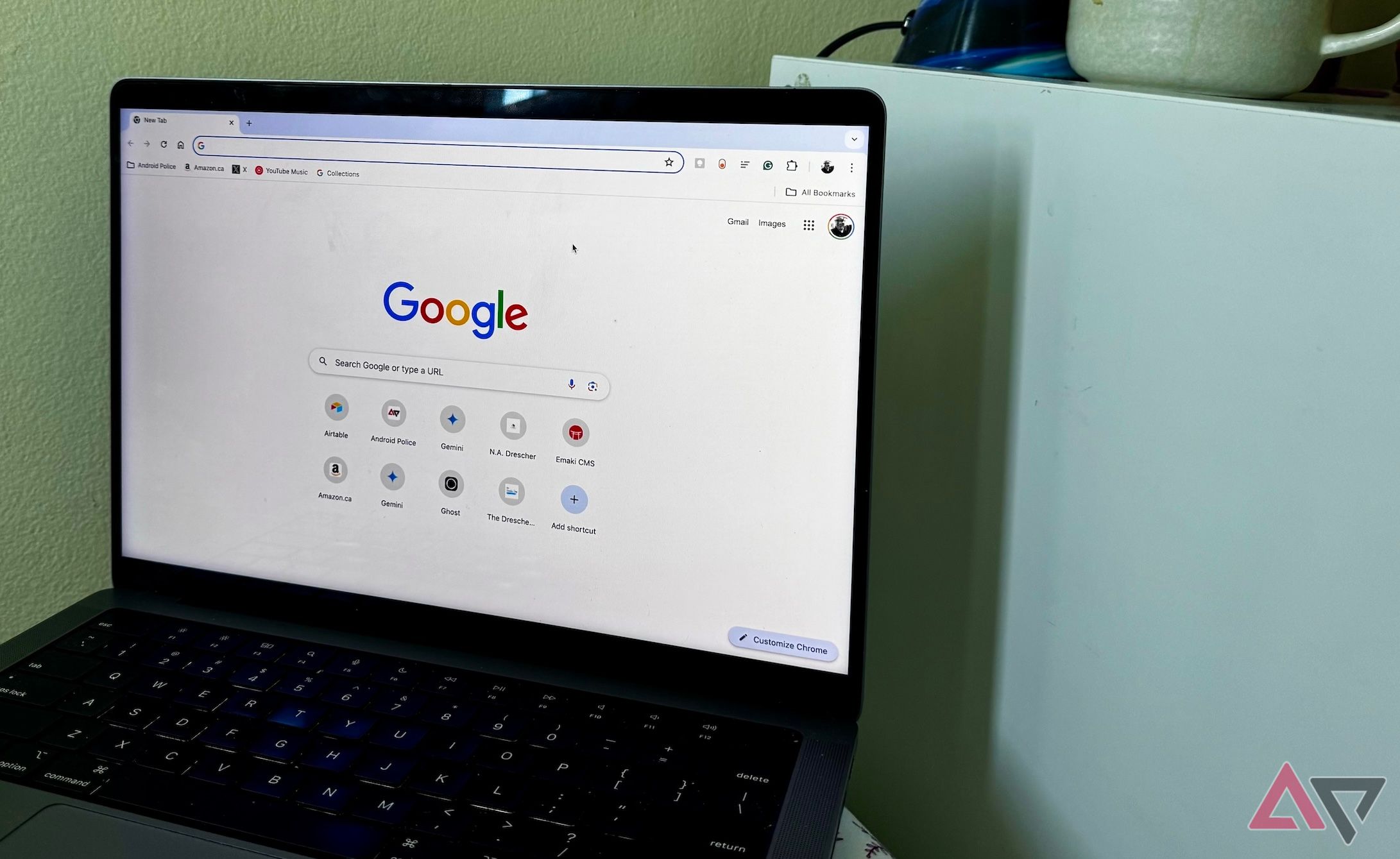Key Takeaways
- Google has significantly improved Chrome’s performance on Android devices, leading to faster load times and smoother interactions.
- Chrome’s performance gains are attributed to optimized build processes, advancements in the V8 JavaScript engine and Blink rendering engine, and collaboration with hardware partners like Qualcomm.
- These performance improvements translate to a better overall browsing experience on Android devices, including faster page loads, smoother scrolling, and quicker app responsiveness.
Google Chrome boasts a solid 68.69 percent mobile browser market share globally. The dominance can easily be attributed to not just the browser’s advanced features, but also the fact that it comes preinstalled on Android devices of all shapes and sizes.
With such a diverse array of devices, optimizing apps for every single smartphone can be a daunting task — however, the tech giant’s newest advancement with Chrome seems to have made this challenge a little bit easier.

Related
How to make Google Chrome the default browser on your phone or PC
Tired of trying to remember your bookmarks? Make Google Chrome your default browser on every device
As highlighted by the tech giant in a new blog post today, its latest advancements have led to a significant increase in Chrome’s Speedometer scores on smartphones, complete with an overall faster and smoother web experience. Google suggests that the update is the culmination of work spanning the last two years — resulting in Chrome’s build optimization, improvements to its JavaScript engine (V8) and rendering engine (Blink).
The tech giant used the Speedometer benchmark to track Chrome’s performance, and according to it, since Chrome M112’s release last year, it has tracked a significant increase in Speedometer 2.1 scores across Android devices. “In fact, on many devices, scores more than doubled, with the newest Snapdragon 8 Elite Mobile Platform setting new records for Speedometer performance on mobile devices.”
A ‘higher-performance build’ for higher-end devices
A key factor in the performance boost comes thanks to optimization of Chrome’s build process. The tech giant highlighted that up until last year, it shipped the same Chrome build to the wide array of Android devices — which meant that entry-level devices’ memory and disk size constraints were also limiting Chrome’s performance on higher-end devices. “Consequently, many modern build optimizations were out of reach for Chrome’s Android build, as they resulted in much larger binaries,” wrote Google.
With last year’s Chrome M113, Chrome targets higher-end devices with a different, “higher-performance build,” while lower-end devices retain their original Chrome build. The build targeting premium devices includes modern optimizations that make Chrome more efficient and faster.
- By targeting ARM64 instead of ARM32, we can make use of more efficient ARM instruction set features and larger 64-bit operations.
- Since binary size is less relevant on premium devices with large disks and sufficient memory, we can now compile C++ code optimized for speed (-O2 / -O3) rather than size (-Oz).
- Furthermore, we tweaked the inlining thresholds used by the compiler to enable more inlining in hot code (within and across modules), while updating the model and policy used by another compiler pass (MLGO) to reduce inlining in cold code.
- We now also apply profile-guided optimization (PGO) techniques to the build to further improve the code layout and optimization level for hot code.
- Finally, we improved cross-function code ordering by aligning Chrome’s orderfile generation with the new ARM64 build. We also now include Speedometer 3, the latest version of the industry-standard browser speed benchmark, in the workloads used to generate the orderfile.
Google indicates that these build optimizations account for more than half of the overall Speedometer score improvements, with this year’s Chrome version M129 performing much faster than last year’s versions. The remaining improvements came in the form of improvements to Chrome’s JavaScript and web rendering engines — V8 and Blink, respectively. More importantly though, the tech giant highlighted its collaboration with Qualcomm to ensure Chrome works optimally on the chip-maker’s hardware.
“Our collaboration with Qualcomm Technologies was very fruitful: By combining optimized scheduling policies with improved hardware performance, their newest Snapdragon 8 Elite mobile platform realized a 60-80% improvement in Speedometer 3.0 compared to its predecessor, resulting in class-leading web performance on mobile devices,” wrote Google.






